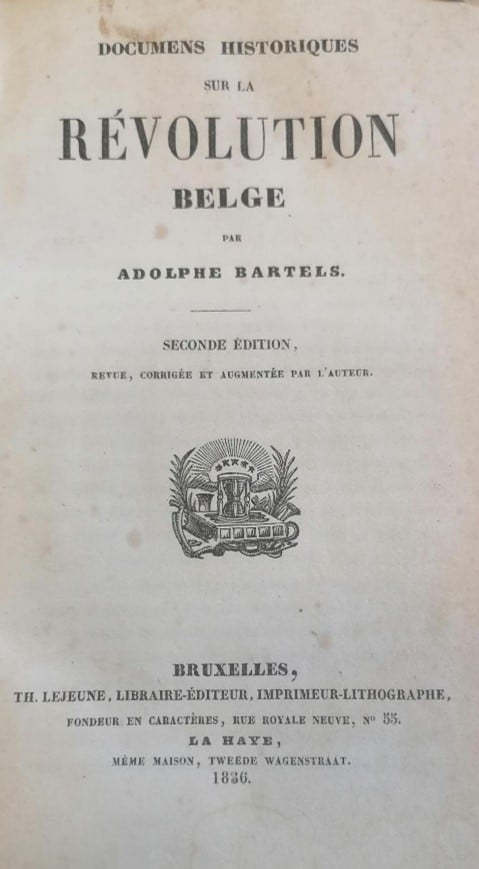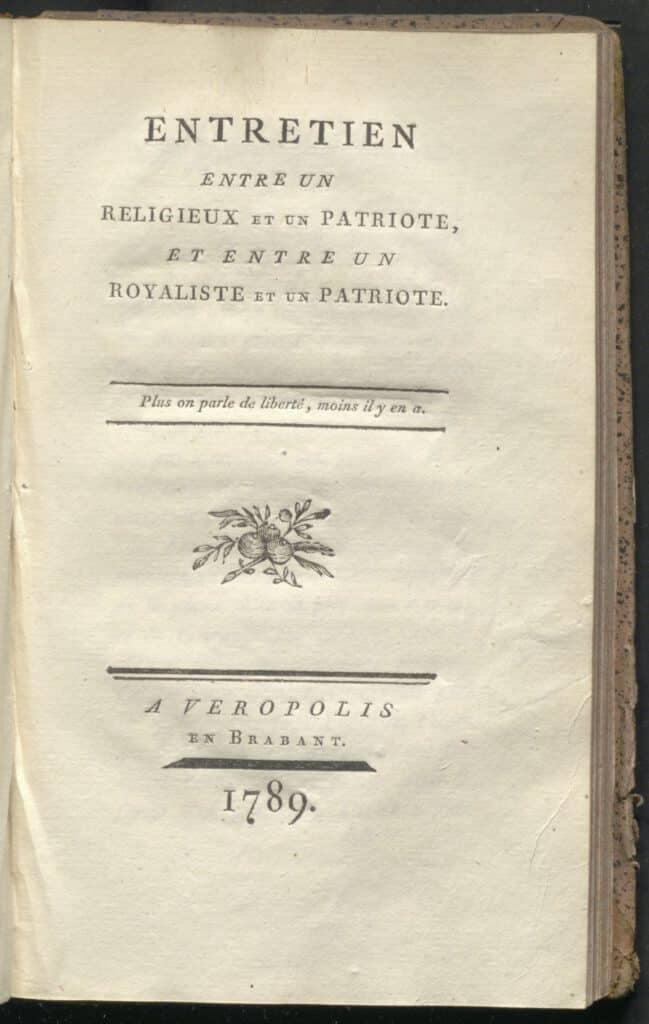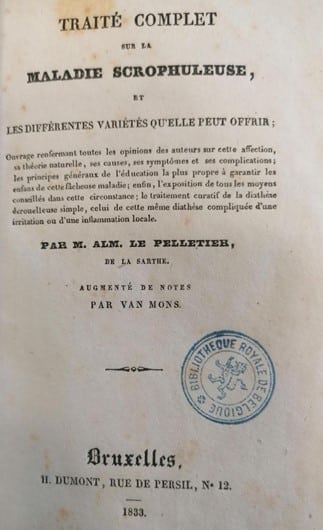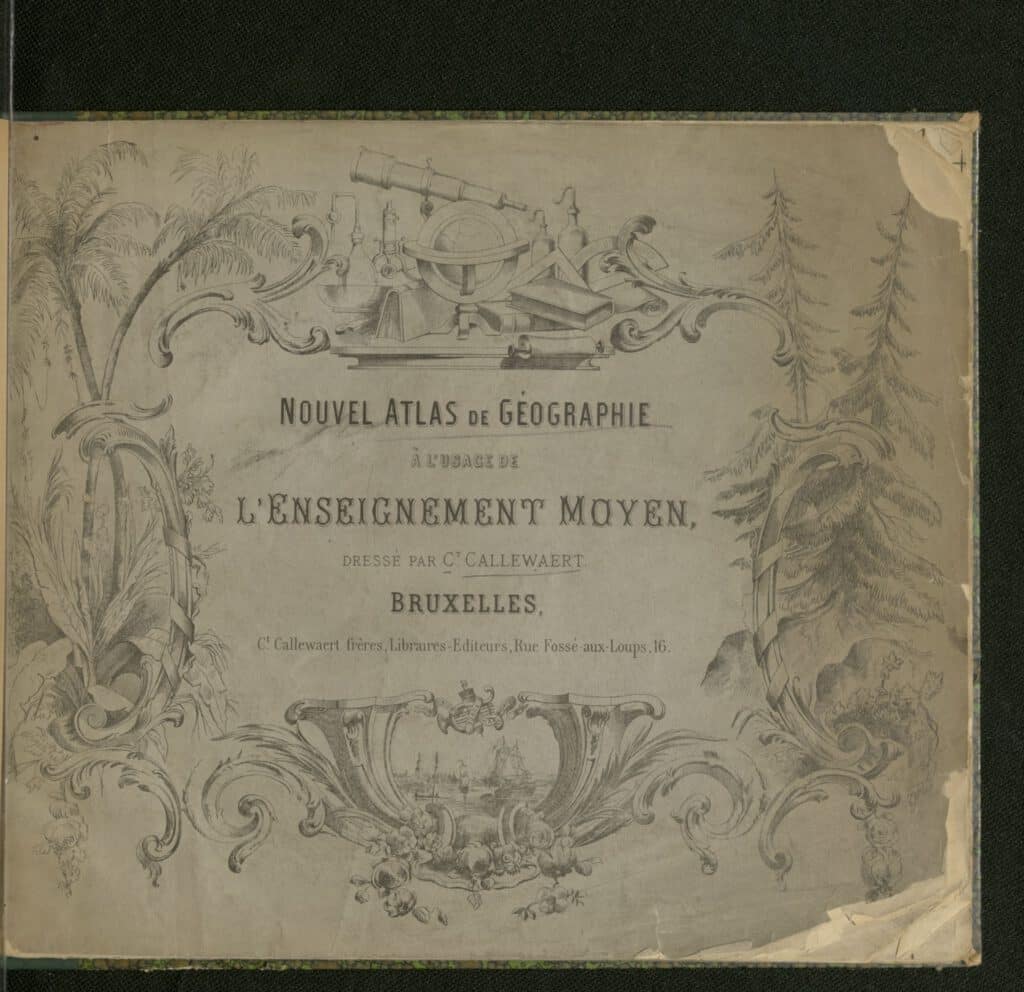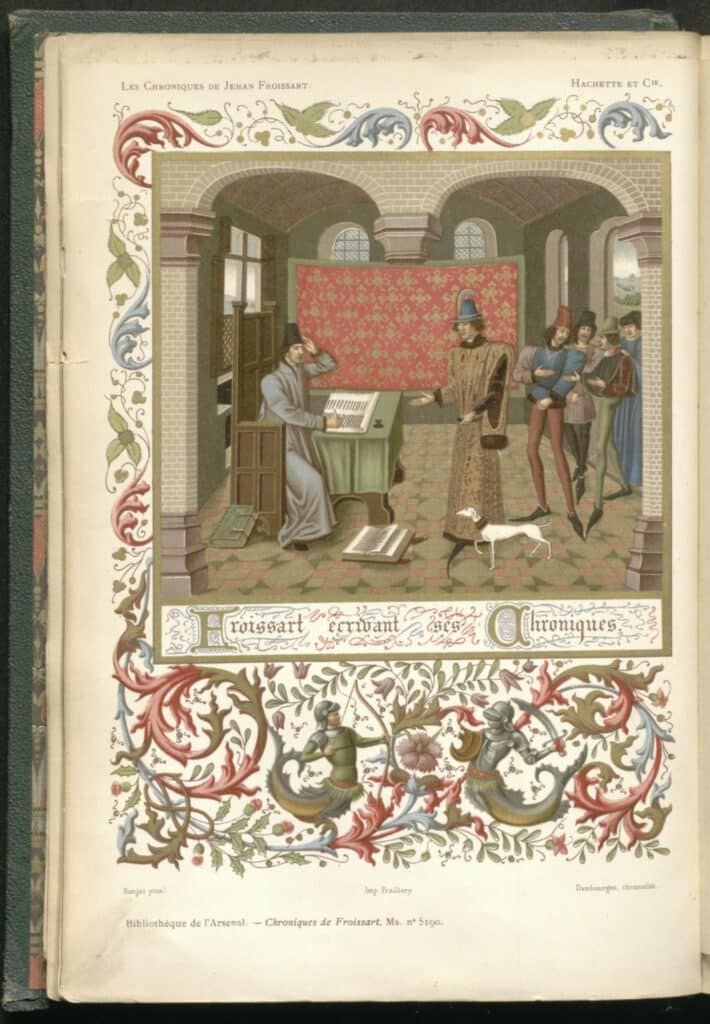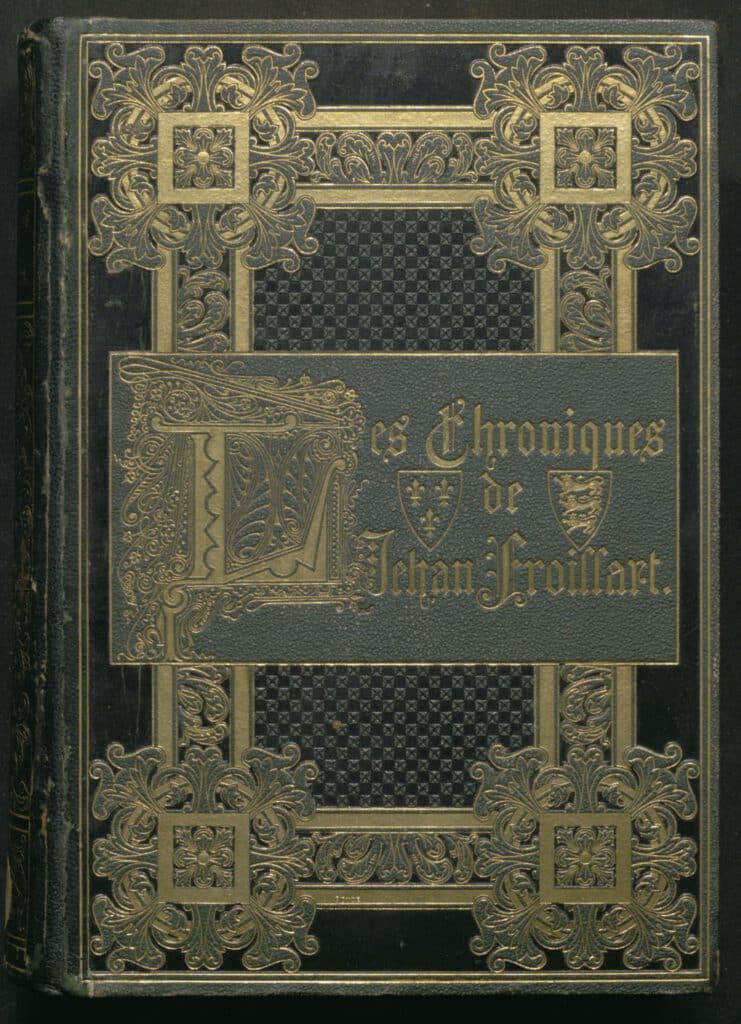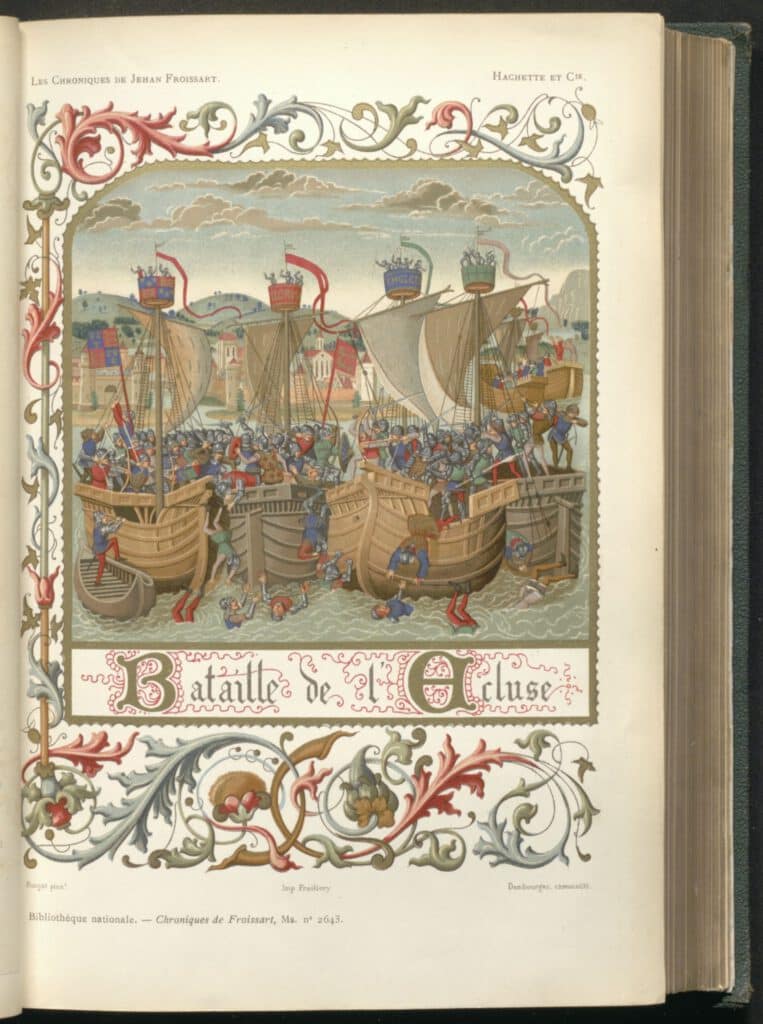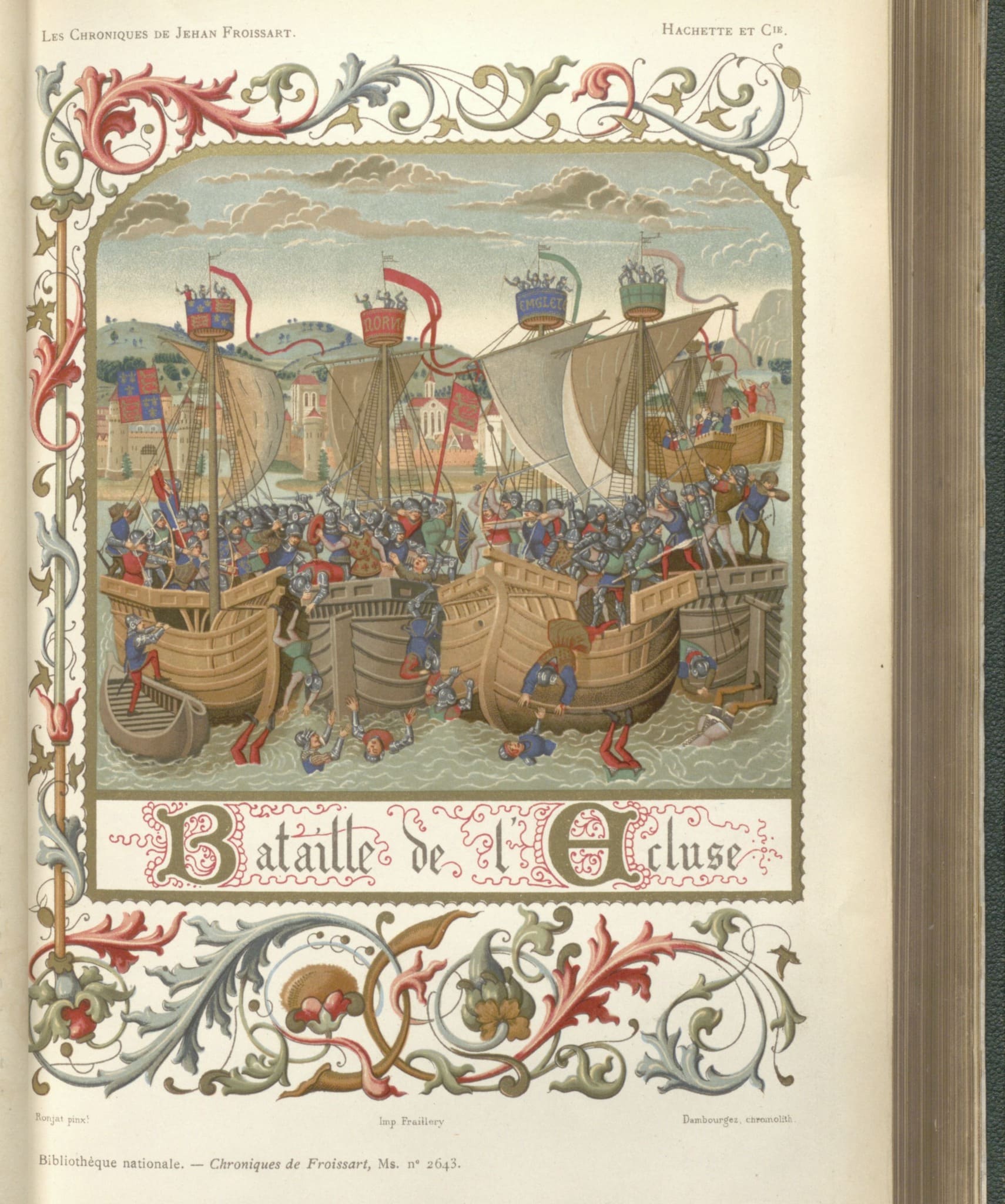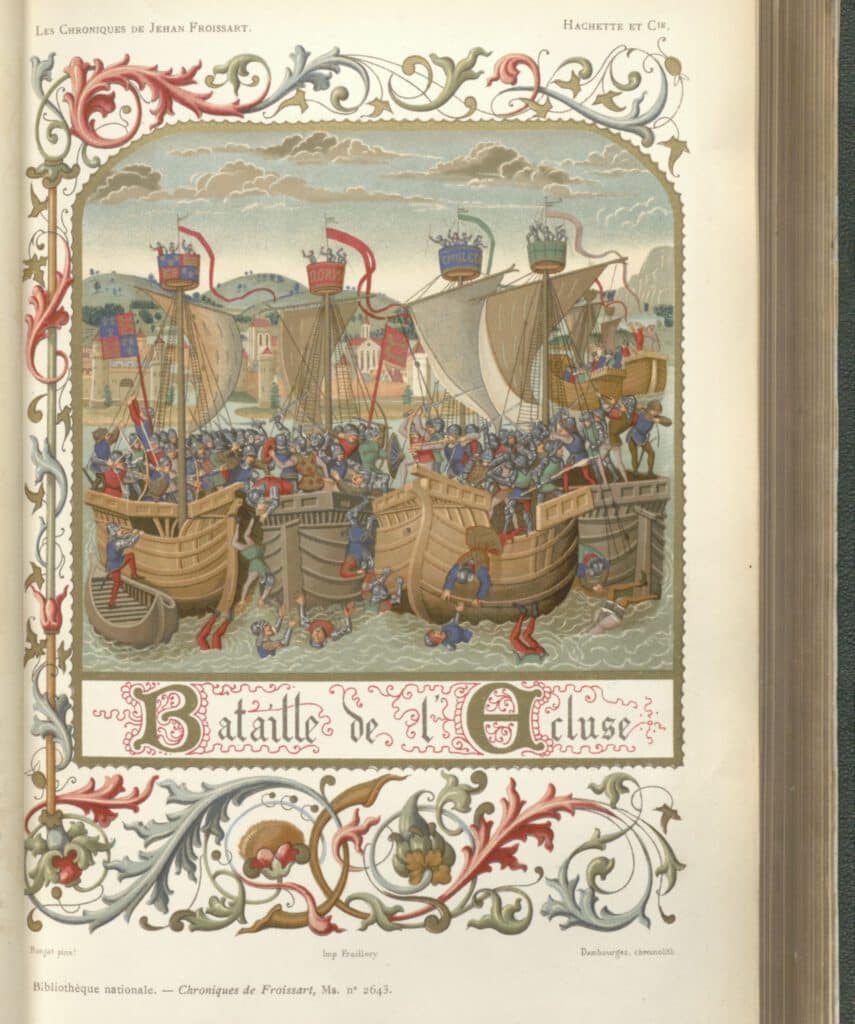At the beginning of March, the first truck of books from the collections of the Royal Library of Belgium (KBR) left for the European digitization site of Google Books as part of a partnership announced in 2022, the Secretary of State for Science Policy announced. 100.000 works, some of which date back to the 17th century, will thus be freely accessible in the years to come via Google Books and BELGICA, the KBR digital library.

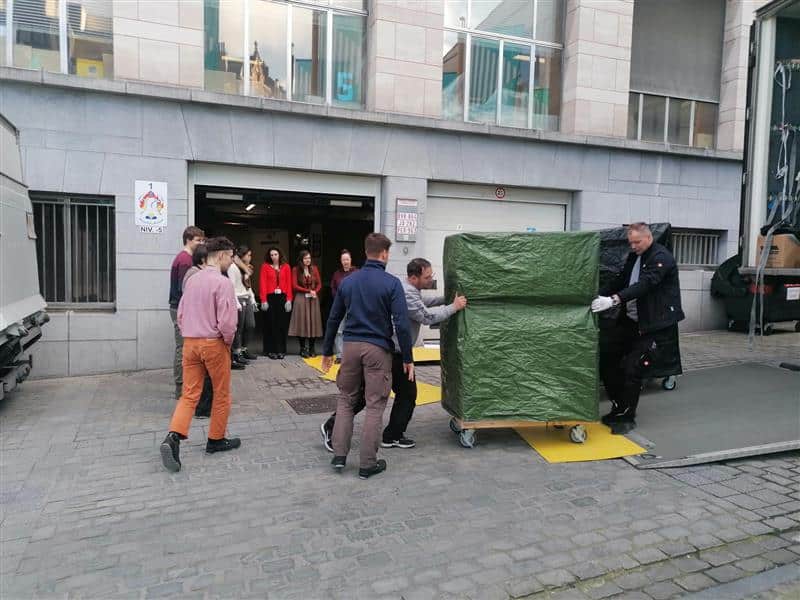
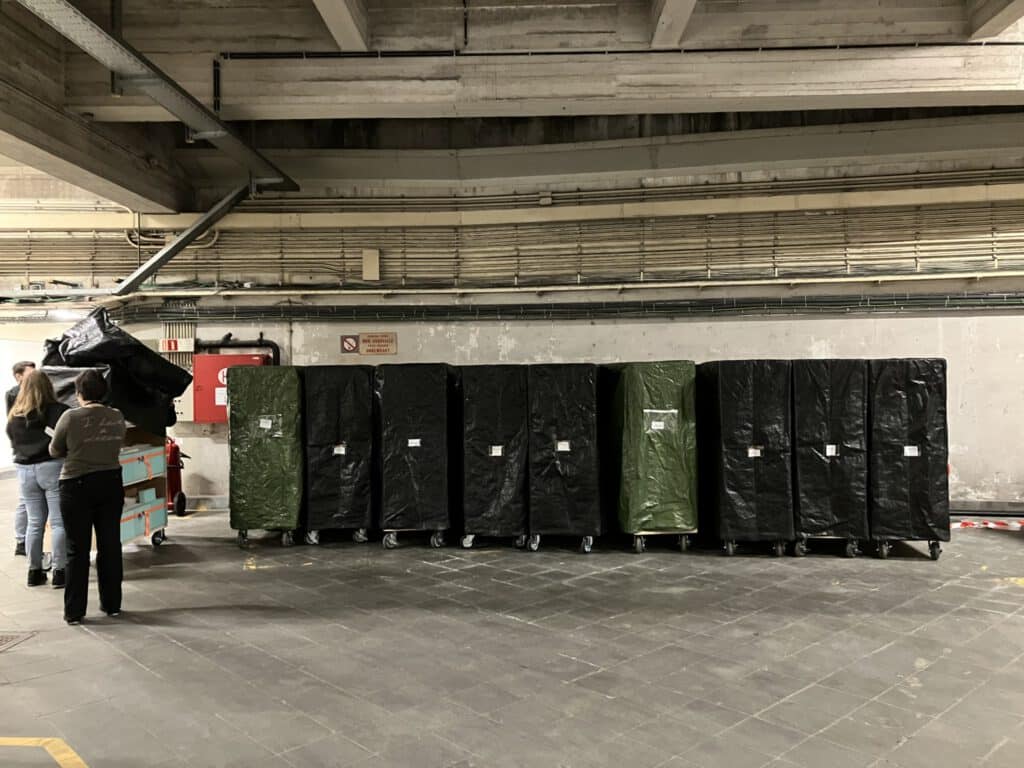
30.000 to 40.000 digitised books per year
The collaboration between Google and KBR will make it possible to digitize several thousand works. Every eight weeks, a book delivery will be organised in order to achieve the annual objective of digitizing between 30,000 and 40,000 books that will be then available online.
This collaboration will make it possible to increase the number of consultations of KBR collections while facilitating cross-searches between these collections and those of other national or university libraries whose works are also present on Google Books.
“This partnership will accelerate the process of digitizing the Royal Library’s collections and broaden the dissemination of our heritage. In my eyes, these are fundamental cultural issues in a world where we must fully take our place. I thank the management and teams of the Royal Library who dared to embark on such a partnership which will considerably broaden our cultural influence.”
– Thomas Dermine, Secretary of State for Science Policy
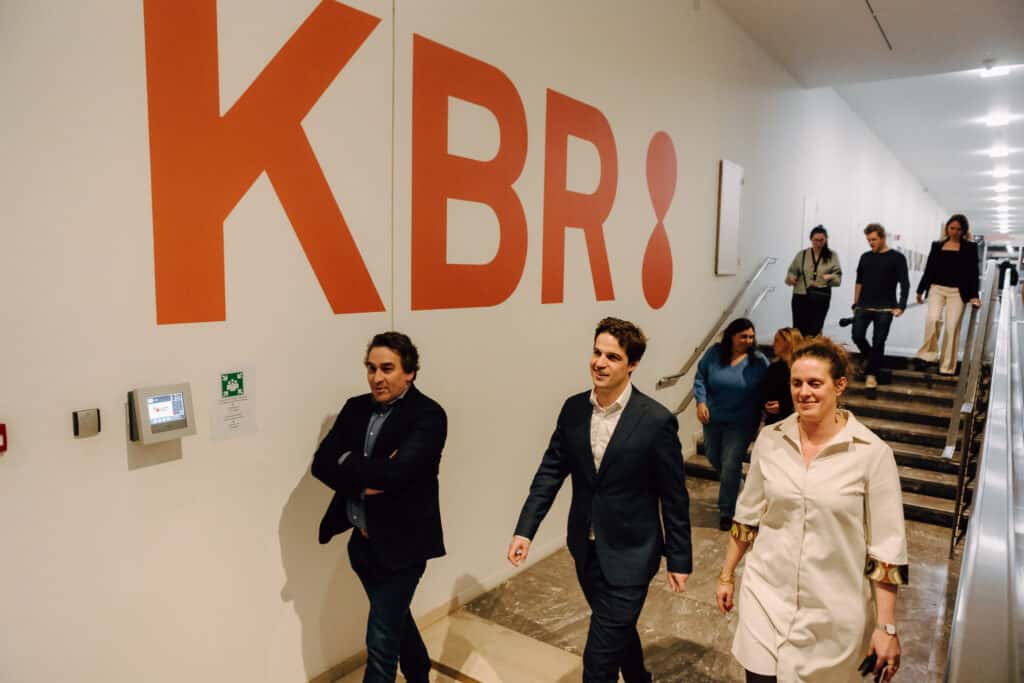
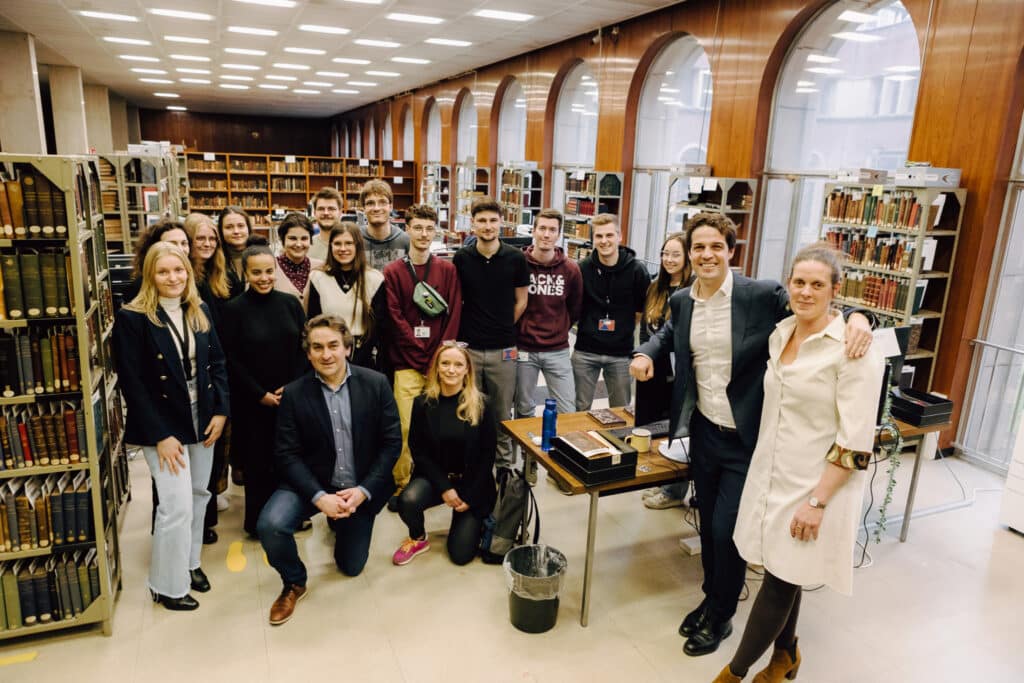
A partnership to digitize and make public collections even more accessible
Created over close to 20 years ago, Google Books is a service that aims to make as many books as possible free online for everyone around the world. This ambition naturally ties in with one of KBR’s main missions, namely to democratize access to knowledge, heritage and information. If KBR already has its platforms for distributing digital works, this partnership makes it possible to increase their visibility by relying on the influence of the Google Books platform.
The collaboration also makes it possible to accelerate digitalization, financed by Google, while continuing to develop KBR’s structural digitalization programs in parallel. This partnership with a private sector player is therefore largely beneficial to KBR and the general public. It constitutes a unique opportunity to enrich the descriptions of part of the Royal Library’s catalog, but also to considerably expand its online offering and therefore, its service to readers.
“I am happy to see this partnership come to fruition and align with our values which are to democratize access to knowledge and heritage. Having our collections present on a platform whose visibility and reach have no equal is a unique opportunity to give a second life to numerous works which will now be identifiable and accessible everywhere and free of charge. This is fully in line with our priority to facilitate research in the field of digital humanities.”
– Sara Lammens, Managing director of KBR
Other institutions in Belgium have also concluded agreements with Google Books. Indeed, the Ghent library (Universiteit Gent) was one of the pioneers to enter into a partnership with Google Books in 2007. In 2020, the Hendrick Conscience heritage library in Antwerp also formalized its participation in Google’s digitization program. In 2022, the Leuven university library (KU Leuven) also announced its partnership for the digitization of some 70,000 books. These Belgian institutions join other large university libraries that work with Google Books such as those of Harvard, Stanford and Oxford.
“Google Books was launched almost 20 years ago, with the ambition to make all books from around the world digitally available and searchable for everyone. We are pleased that KBR, as a renowned and important Belgian library, support this great ambition. This collaboration adds an incredibly rich collection from Belgium to our corpus, and brings us a crucial step closer to achieving our mission.”
– Stephen McVay, head of the Google Books project
From the Brabant revolution to medical treatises
Among the 8 million or so documents held at KBR, the works concerned by the Google Books project cover the period from the 17th to the end of the 19th century. They testify to the great wealth and diversity of KBR’s collections, cover all aspects of Belgian society and even extend beyond our borders. Here are a few examples:
- These collections include many works documenting the birth of Belgium, such as the “Documens (sic) historiques sur la Révolution belge”, published in Brussels in 1836.
- Some works predate Belgian independence. This is the case of a series of pamphlets relating to the Brabant Revolution at the end of the 18th century, preserved among the rich collections of KBR’s Réserve précieuse.
- All fields are represented in this highly heterogeneous corpus, which sometimes documents unexpected themes, and in which the medical sciences are not to be outdone. A case in point is the “Traité complet sur la maladie scrophuleuse”, dated 1833.
- This vast selection also includes a number of atlases, such as this teaching book published in 1875.
- The collections also take us beyond the country’s borders, with numerous Italian, Spanish, German and French works, some richly illustrated. Such is the case, for example, of this magnificent edition of the Chroniques of Hainaut by Jehan Froissard
